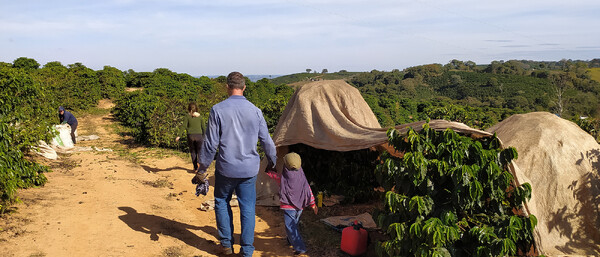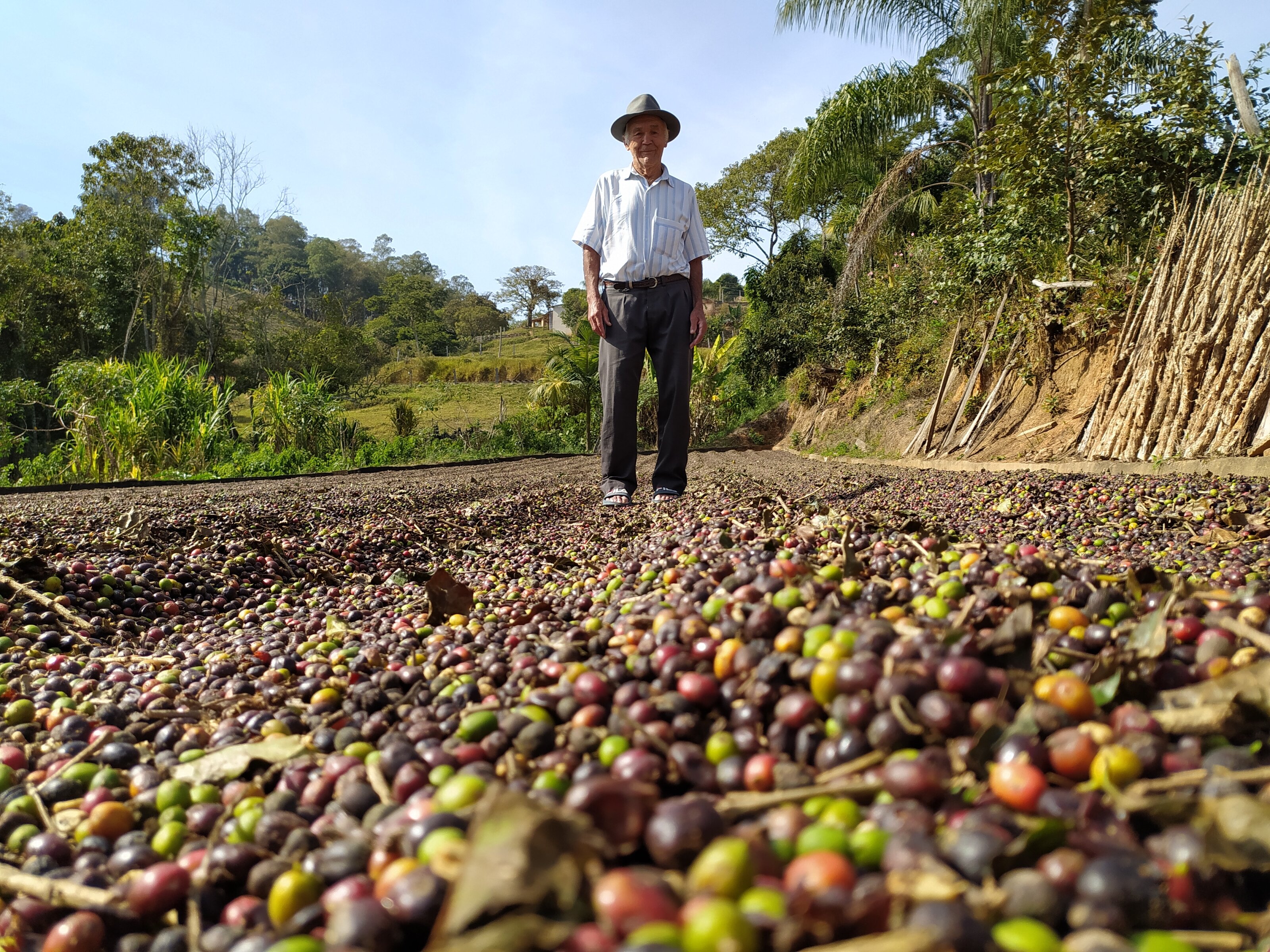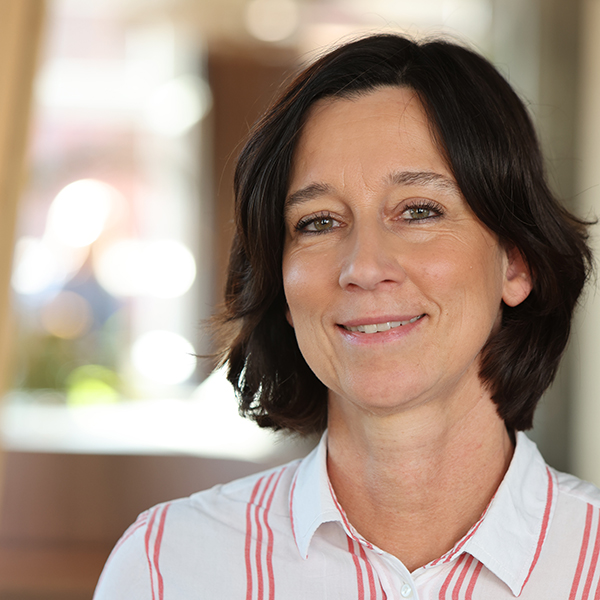
The Tchibo Country-Coffee-Programme (1)
Have you already enjoyed a coffee or two today? Then you are probably also in favour of supporting coffee cultivation around the world so that we can still enjoy our favourite drink at affordable prices tomorrow. In our new series, we would like to talk about the coffee cultivation of the future. Things are not looking good at the moment. That's why Tchibo is planning to offer only responsibly sourced coffee from 2027 onwards! How does that work? And what does that mean? It means that all Tchibo coffees - whether Feine Milde, Eduscho, Qbo, Cafissimo, Barista or Raritäten - will be sourced responsibly. This requires a stance and swift action, as coffee farmers around the world are suffering from both the consequences of climate change and low incomes.
The effects of climate change on coffee cultivation are worrying. By 2050, the area under coffee cultivation could be halved, as dryness and drought lead to significant crop failures. In addition, 70 percent of the world's 12.5 million coffee farmers cultivate small farms of less than one hectare. They suffer from low incomes, which can lead to problems such as child labour and illegal deforestation.

Around 75,000 small farmers (including from Guatemala, Honduras, Vietnam and Brazil) produce our coffee for Tchibo. 80 percent of the coffee produced is not certified. However, it is precisely these coffees that should be grown in the most environmentally friendly and socially responsible way possible in order to significantly improve the farmers' livelihoods.
In 2022, we therefore launched our sustainability programme for coffee in the most important sourcing countries, starting with Brazil, Vietnam and Honduras. By 2027, all countries from which we regularly source coffee should be covered by the coffee programme. This will then also include Ethiopia, El Salvador, Guatemala, Kenya, Colombia, India, Peru and Tanzania.
But what does that mean in concrete terms? In our series "The name is (coffee) programme", we report on specific case studies, obstacles, hurdles and successes from coffee-growing countries. We start in Brazil!
We work together with Enveritas, a non-profit organisation. Its aim is to bring more transparency to the coffee sector in order to better protect local people and the environment. Enveritas prepares analyses that show us which challenges exist in which coffee-growing regions. Based on these findings, we develop customised solutions together with the people in the regions. In Brazil, for example, we are focussing on measures to protect biodiversity, climate and water. In the following article, I will tell you more about the challenges and our activities in Brazil.
As our projects are implemented, Enveritas carries out further analyses on an ongoing basis, allowing us to see whether our measures are working.
The Coffee-Country-Programme in brief:
- Identify need for action per region
- Developing customised solutions together with people
- Establish local partner networks
- Evaluate measures regularly to make them permanently better
